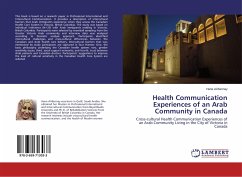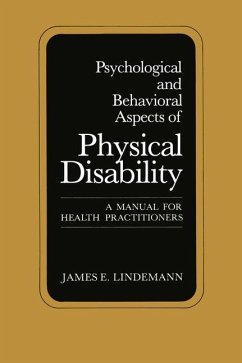Community Oriented Primary Care (COPC) is a model that integrates public health and primary care to deliver prioritized services to a defined population. The approach traces its roots to the work of Sidney and Emily Kark in early 1940s. In 1999, the author enrolled in a course on COPC and later visited Pholela clinic where COPC started. She was enlightened when she listened to the experience of the ladies who started the approach with the Karks. Luckily, she won the Kark Prize for her study in 2000. This experience inspired the author to use COPC in her doctoral dissertation. She applied it to study a sample of Arab migrant women in Cologne where psychological stress was identified a priority. Quantitative and qualitative methods were used to implement its six steps: community definition, community characterization, prioritization, detailed assessment, intervention and evaluation. This seminal work is the first to study Arab migrant women in Germany and the first to use COPC approach in Europe. In 2007, it won the German Society for Medical Informatics, Biometry and Epidemiology (GMDS) Prize. It can be used as part of the curricula for medical, nursing and public health students.
Bitte wählen Sie Ihr Anliegen aus.
Rechnungen
Retourenschein anfordern
Bestellstatus
Storno








